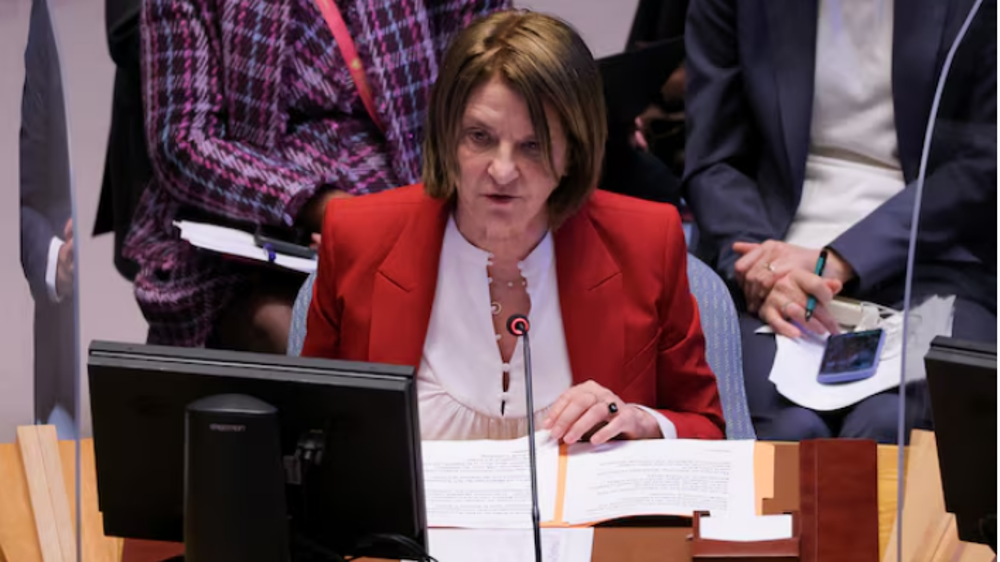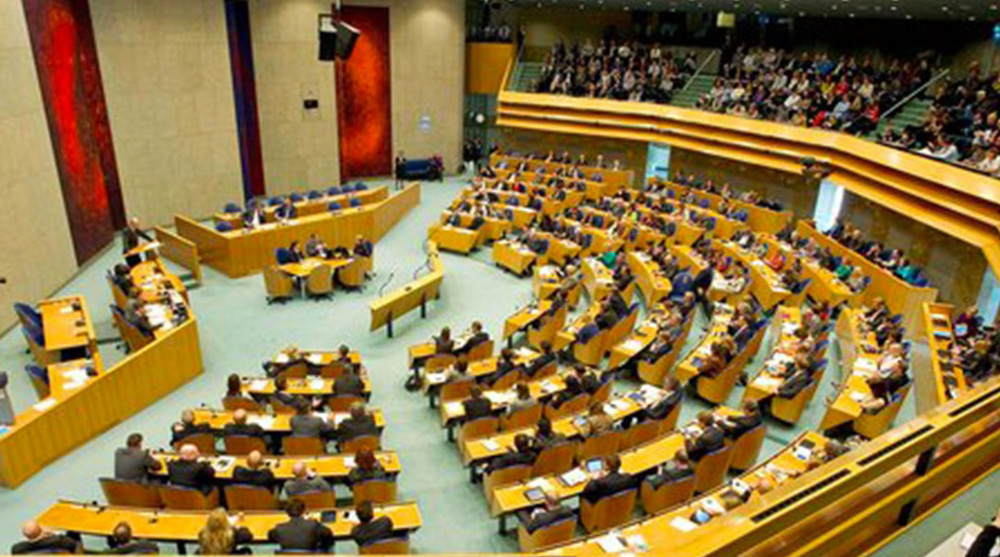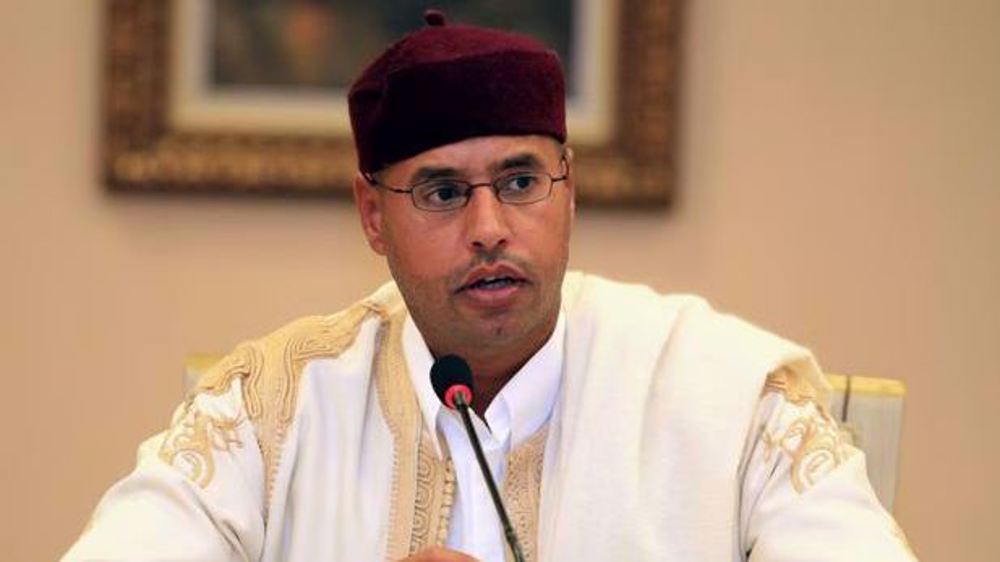Greece begins bailout talks with troika of creditors
Greece has started bailout talks with the troika of international creditors amid growing hopes for a consensus on an alternative plan to follow rather than the current austerity measures.
Officials from Athens started technical discussions with the troika, namely the European Union, the European Central Bank and the International Monetary Fund in Belgium’s capital, Brussels, on Friday.
The high-profile Friday meeting began one day after Prime Minister Alexis Tsipras of Greece managed to push his case at a European summit, reaching an agreement with the troika to discuss Athens’ call for renegotiating the conditions under which the country can be bailed out.
Tsipras, the leader of leftist Syriza party who stormed to victory in January elections, has vowed to fulfill his pre-electoral anti-austerity pledges.
Tsipras along with other Greek officials have toured Europe to garner support for a reconsideration of the terms of the country’s €240-billion (USD 270-billion) bailout, which it received in 2010 in return for imposing harsh austerity measures.
Hope is still misty
“The Greeks have sky-high ambitions. The possibilities, given the state of the Greek economy, are limited,” said Jeroen Dijsselbloem, who serves both as the finance minister of the Netherlands and the president of Eurogroup.

He also expressed his “pessimistic” views about reaching any quick deal with Greece, adding, “I don’t know if we’ll get there by Monday (February 16).”
Despite cautious optimism on Friday in debt-stricken Greece, the Greek government has warned against any premature celebration in case a deal is struck.
“We don’t want to spread enthusiasm before the deal is done,” said government spokesman Gabriel Sakellaridis, adding, “Greeks should understand that this is a critical and difficult negotiation, the pressure is enormous.”
Tsipras-Merkel meeting
After the meeting in Brussels in which German Chancellor Angela Merkel, the leader of Europe’s biggest economy, voiced readiness for potential compromise on Greece’s bailout program, European and Asian stock markets rose Friday.

While Athens is reluctant to extend the bailout program, which will be expired on February 28, time is running out and Greece is alarmingly at the brink of an exit from the eurozone.
Greece’s alternative debt plan
According to Greek Finance Minister Yanis Varoufakis, Tsipras wants Greece’s current bailout deal to be replaced by a new “bridging program.”

The government seeks to stick to only 70 percent of the bailout obligations demanded by the troika, and overhaul the remaining 30 percent, replacing them with a reform plan. Athens also demands a six-month bridging loan program until September.
While the troika has urged Greece to stick to its current bailout program, a senior EU official attending the Friday technical-level talks expressed hope that an alternative proposal may be replaced.
“It is not crucial to extend. One could also agree that one will commence discussions on a new program,” said the EU official, speaking on condition of anonymity, adding, “I would not exclude it.”
On February 16, eurozone finance ministers and Greece are due to hold a last-ditch meeting and announce the final decision on Greece’s proposed interim compromise deal.
MIS/HSN/SS
Iran’s missile program will never be on negotiating table: Shamkhani
Hezbollah: 47 years of Iranian progress proof of ‘abject failure’ of Western plots
Iran’s Larijani meets Qatari emir amid nuclear talks with US
VIDEO | 47th anniversary of Islamic Revolution celebrated at Iran's Embassy to Holy See
VIDEO | Sana’a marks February 11 anniversary with mass rally at US embassy site
VIDEO | Iran’s Embassy in Ethiopia celebrates 47th anniversary of Islamic Revolution
Saudi leaders congratulate Iran on 47th anniversary of Islamic Revolution
VIDEO | Iranian embassy in Malaysia celebrates Islamic Revolution anniversary










 This makes it easy to access the Press TV website
This makes it easy to access the Press TV website